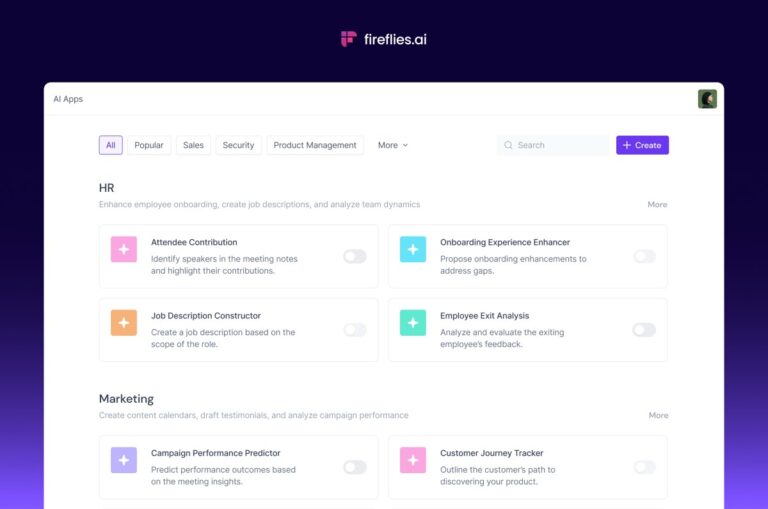Eric Schmidt Cautions Against an ‘AGI Manhattan Project’: Why a Cautious Approach is Essential
In a thought-provoking policy paper released on Wednesday, prominent figures in the AI sector, including former Google CEO Eric Schmidt, Scale AI CEO Alexandr Wang, and Center for AI Safety Director Dan Hendrycks, urge the U.S. to avoid a Manhattan Project-style approach to developing artificial general intelligence (AGI) systems. This cautionary stance highlights the potential risks associated with an aggressive race for superhuman AI capabilities.
The Risks of a Superintelligence Arms Race
The paper, titled “Superintelligence Strategy,” emphasizes that a unilateral push by the U.S. to dominate superintelligent AI could provoke severe retaliatory actions from global competitors, particularly China. Such responses could manifest as cyberattacks, jeopardizing international stability.
As stated by the authors, “A Manhattan Project for AGI assumes that rivals will acquiesce to an enduring imbalance…rather than move to prevent it.” This perspective suggests that pursuing a superweapon could lead to heightened tensions and countermeasures, ultimately destabilizing the very security the strategy aims to establish.
Context and Concerns
The release of this paper follows a recent proposal from a U.S. congressional commission advocating for a government-backed initiative to fund AGI development, modeled after the atomic bomb program from the 1940s. U.S. Secretary of Energy Chris Wright has also indicated that America is at the beginning of a “new Manhattan Project” for AI, further intensifying the debate.
Mutual Assured AI Malfunction (MAIM)
In their analysis, Schmidt, Wang, and Hendrycks introduce the concept of Mutual Assured AI Malfunction (MAIM). This approach suggests that nations should actively disable potentially dangerous AI projects instead of waiting for adversaries to weaponize AGI. The authors contend that the U.S. should redirect its strategy from merely “winning the race to superintelligence” to developing deterrents against other countries’ advancements in AI technology.
Shifting Focus to Defensive Strategies
- Expand cyber capabilities: The U.S. should enhance its arsenal of cyberattacks to neutralize threatening AI initiatives controlled by other nations.
- Limit access to advanced technology: The government should restrict adversaries’ access to cutting-edge AI chips and open-source models.
This shift in strategy is particularly significant given Schmidt’s previous stance advocating for aggressive competition in AI development against China. Just months ago, he highlighted the emergence of DeepSeek as a pivotal moment in the U.S.-China AI race.
The Dichotomy of AI Perspectives
The paper outlines a notable divide in AI policy discussions: the “doomers,” who foresee inevitable catastrophic outcomes from AI development and advocate for a slowdown, and the “ostriches,” who promote an acceleration of AI progress while hoping for positive outcomes. The authors propose a balanced third option that emphasizes defensive strategies in the pursuit of AGI.
Conclusion: A Defensive Approach to AI Development
As the global community observes the U.S.’s advancements in AI, Schmidt and his co-authors argue that adopting a defensive posture may be a more prudent path forward. The implications of AGI development extend beyond national borders, and the need for a collaborative, cautious approach has never been more critical.
For more insights on AI policy and its implications, check out our articles on AI Ethics and AI in Defense Strategies.
For further reading on the potential risks of AI advancements, visit MIT Technology Review.







